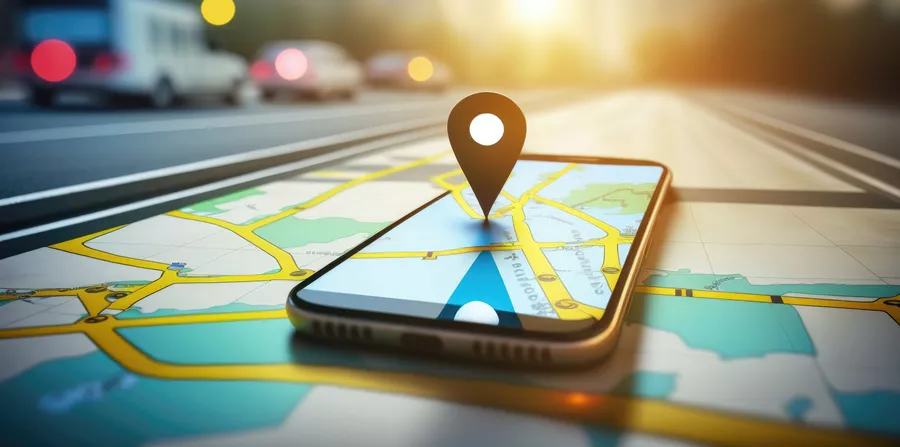Can You Track a Location Trace on a Mobile Device?
Can You Track a Location Trace on a Mobile Device?

Can You Track a Location Trace on a Mobile Device?
In our increasingly connected world, the ability to track a location trace on a mobile device has become a significant topic of interest. From safety concerns to personal convenience, location tracking can serve various purposes. This article explores how location tracking works, its applications, and the ethical considerations involved.
1. How Location Tracking Works
Mobile devices utilize a combination of technologies to determine and share their location. The most common methods include:
- GPS (Global Positioning System): This satellite-based system provides precise location information by triangulating signals from multiple satellites. GPS is widely used in smartphones and other devices for navigation and location services.
- Cellular Networks: When GPS signals are weak or unavailable, mobile devices can estimate their location using nearby cell towers. This method is less precise than GPS but can still provide a general location.
- Wi-Fi Positioning: Many smartphones use Wi-Fi networks to determine location. By measuring the strength of nearby Wi-Fi signals, devices can approximate their location, especially indoors.
- Bluetooth Beacons: In some cases, Bluetooth technology can help track locations, particularly in confined spaces like shopping malls or airports.
2. Applications of Location Tracking
Location tracking has numerous practical applications, including:
- Navigation and Maps: GPS enables users to access maps, get directions, and find nearby points of interest, making travel easier and more efficient.
- Safety and Security: Many apps allow parents to track their children's locations for safety reasons. Similarly, businesses can monitor the locations of their employees for security and efficiency.
- Fitness Tracking: Many fitness apps use location tracking to map routes during activities like running or cycling, providing users with insights into their performance.
- Delivery Services: Companies like Uber and food delivery services use location tracking to optimize routes and provide real-time updates to customers.
3. Ethical Considerations
While location tracking can be beneficial, it raises important ethical questions:
- Privacy Concerns: Users may not be aware of how their location data is being used or shared. It’s essential for companies to be transparent about their data collection practices and obtain consent from users.
- Data Security: Location data can be sensitive, and if not properly secured, it could be vulnerable to hacking or misuse. Ensuring that this data is encrypted and protected is crucial.
- Surveillance Risks: Excessive tracking can lead to a surveillance state where individuals are constantly monitored. Striking a balance between safety and privacy is essential.
4. How to Manage Location Tracking on Your Device
If you're concerned about privacy but still want to benefit from location tracking, consider the following steps:
- Adjust Privacy Settings: Most smartphones allow users to manage their location settings. You can choose which apps have access to your location and when.
- Turn Off Location Services: If you don’t need location tracking, consider turning off location services entirely or disabling it for specific apps.
- Use Anonymous Modes: Some apps offer anonymous tracking features that don’t store your data. Utilize these options for added privacy.
Conclusion
Tracking a location trace on a mobile device is a powerful tool with various applications in navigation, safety, and fitness. However, it also comes with ethical considerations regarding privacy and data security. By understanding how location tracking works and managing your settings appropriately, you can make the most of this technology while protecting your personal information.

